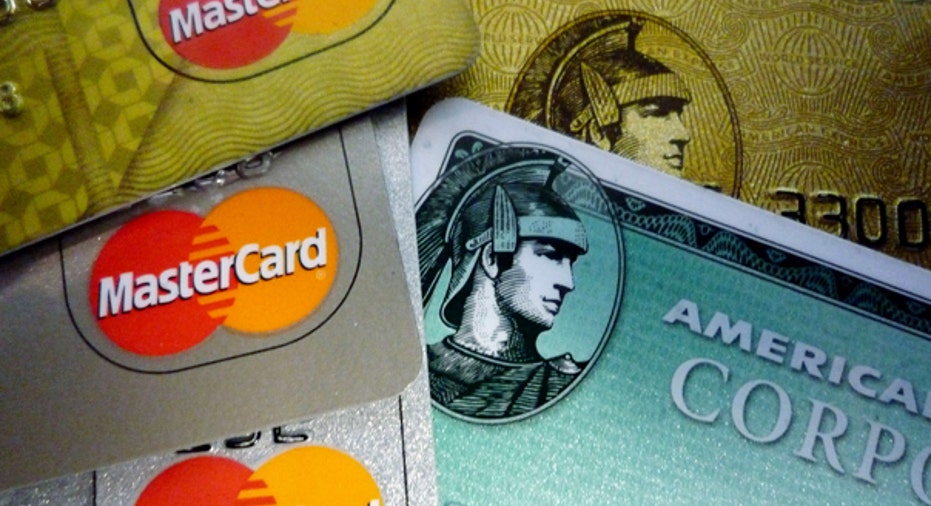Can I Get a Credit Card with Poor Credit?

Dear Credit Card Adviser,
I have been applying for secured and unsecured credit cards as a way to rebuild credit. I keep getting denied because of unpaid medical bills. Are there credit cards that someone with poor credit can qualify for?
-- Natalie
Dear Natalie,
Getting an unsecured credit card may prove difficult, depending on how poor your credit actually is.
Once your score hits "600 or below, you are considered high risk" says Katie Ross, education and development manager at American Consumer Credit Counseling. Being high risk means you will have a hard time meeting the underwriting standards of an unsecured card.
You could try asking the bank you have an established relationship with to offer you a credit card.
"Even if you don't have a great credit score, they can see how you are managing your checking account," says Katie Moore, financial counselor in the Detroit office at GreenPath Debt Solutions. If you're exhibiting smart spending habits, such as avoiding overdraft fees, the bank may take a chance on you.
If someone you know (with good credit) is willing to take on a lot of risk, you could ask them to co-sign for a credit card or add you as an authorized user to one of their accounts. But co-signing is a huge commitment for someone and we don't recommend anyone do it without knowing the consequences, which may be having to pay someone else's huge debt or taking a big hit to your credit score. Becoming an authorized user also has risk, including that the good credit may not be reported to the major bureaus if it's not your credit card.
"Most credit card companies choose to report authorized user accounts, but not all do," says Rod Griffin, director of public education for credit bureau Experian. "The best bet is to ask each creditor about its reporting policies."
The Secured Card
When you can't be approved for an unsecured card, a secured card is your next best bet. A secured card requires cardholders to put down a cash deposit to cover the line of credit, so often "issuers don't regard a person's credit history as a major factor for approval," says Bruce McClary, manager of government relations and public policy at ClearPoint Credit Counseling Solutions.
But you say you were denied a secured card. While it is rare for this to happen, it can be the case if you have unresolved credit accounts, judgments or wage garnishments against you, says McClary.
If you don't have any of these against you, try applying again. Secured cards "are a foot in the door and a steppingstone," McClary says. Once you've begun to re-establish credit, "the goal really is to move on from these products to something with better rates and lower costs," he says.
Help for Medical Debt
Fortunately, in your specific situation, there may be some good news on the horizon. The Consumer Financial Protection Bureau recently suggested that credit scoring models treat medical and nonmedical debt differently, after discovering unpaid medical bills unduly penalized a customer's creditworthiness.
Major scoring model FICO has said medical collections will have a smaller impact than nonmedical collections as part of its Score 9, which launches later this year. As such, your score -- and the types of cards it qualifies you for -- could improve sooner than you think, provided all the other information on your credit report is in line.
Get more news, money-saving tips and expert advice by signing up for a free Bankrate newsletter.
Ask the adviser
To ask a question of the Credit Card Adviser, go to the "Ask the Experts" page and select "Credit Cards." Read more columns by the Credit Card Adviser.
Bankrate's content, including the guidance of its advice-and-expert columns and this website, is intended only to assist you with financial decisions. The content is broad in scope and does not consider your personal financial situation. Bankrate recommends that you seek the advice of advisers who are fully aware of your individual circumstances before making any final decisions or implementing any financial strategy. Please remember that your use of this website is governed by Bankrate's Terms of Use.
Copyright 2014, Bankrate Inc.



















